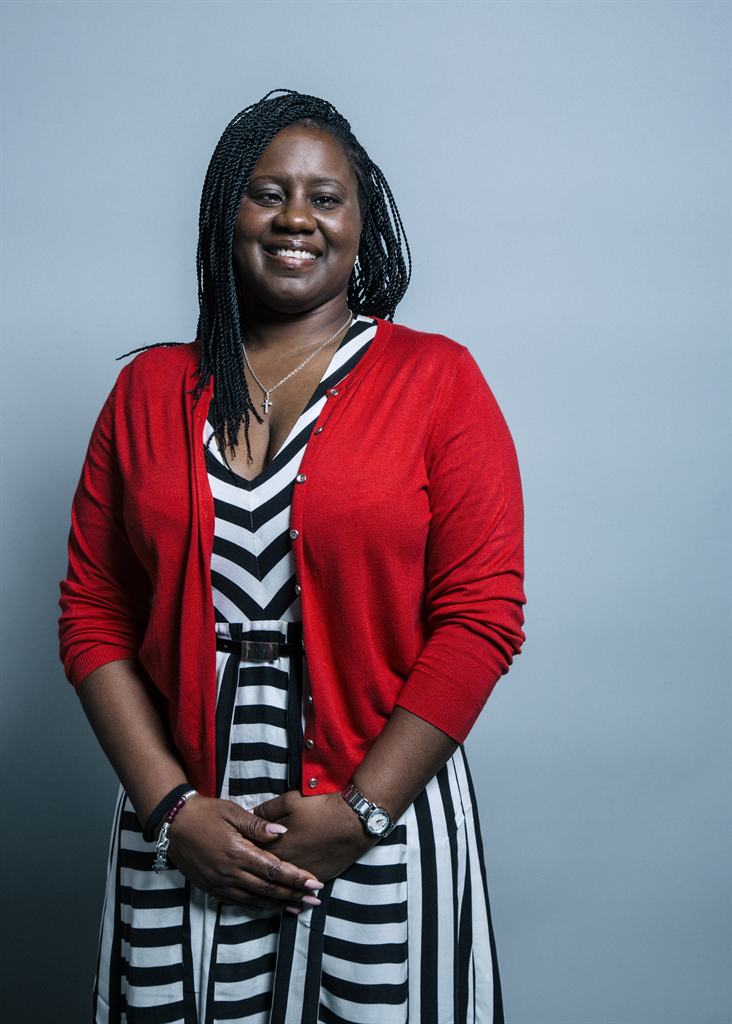Every day 250 people begin to lose their sight with a shocking 21 people a week losing their vision due to a preventable cause.
We should all be asking the question – Why are so many people needlessly going blind?
Huge backlogs, which existed before the pandemic, are leading to thousands more unnecessarily losing their sight today.
The backlog for eye hospital appointments is one of the largest in the NHS with 630,653 people on the waiting list in England as of March 2023, representing over 9% of the total backlog and ophthalmology has been the busiest NHS outpatient clinic for the last three years with 7.5 million hospital attendances in England in 2021-22.
Sight loss is also already estimated to cost £37.7 billion annually.
Despite the worrying eye health outcomes, England is the only country in the UK without anEye Health Strategy. That’s why I led a debate in Parliament on my Bill calling for the government to implement a National Eye Health Strategy for England.
It is vital that the government starts taking eye health seriously – not only to improve patient outcomes and quality of life for those living with sight loss, but also due to demand for eye care services estimated to increase by 40% over the next 20 years.
My Bill would seek improve eye health outcomes and remove the postcode lottery of care, reduce waiting times, improve patient experiences, increase capacity and skills of the workforce, and make more effective use of data, research, and innovation.
It would also ensure that regardless of where someone lives, they can have access to good quality eye health care, reducing eye health inequalities and ensuring there is more equity of access to eye care.
It focuses on five areas:
A better eye and sight loss pathway
The pathway would outline the care and support for people who receive a sight loss diagnosis sopatients can be seen, referred, and given a diagnosis and treatment plan within an adequate time frame.
Improving collaboration – Joining up primary and secondary care
At present two million people attend NHS A&E services each year with injury or disease of the eye and over 65% of these could be treated in the community by primary care providers. Better joined up primary and secondary care would be more efficient, accessible, and crucially save money.
Ophthalmology workforce expansion
It is important to alleviate pressures on secondarycare given the NHS workforce crisis which has meant that there isn’t enough capacity to meet demand as currently 80% of eye units do not have enough consultant ophthalmologists to meet needand a quarter of the profession are nearing retirement age.
The Bill would address the deficit in ophthalmology consultants and medical staff as well asinvestment in training for the wider eyecare multidisciplinary team and expand the number of non-medical roles.
Improving intelligence, data, and increased research
The lack of population data has contributed to the eye health crisis as there is a lack of data to pinpoint the location of need and the places where opportunities for change can be found. A Strategy would focus on ‘robust’ data collection to inform decisions and service delivery.
Data collection needs to go alongside increased funding for eye research. Shockingly, only 1.5% of £1.4 billion invested in medical research in 2018 went into eye health. This amounted to £9.60 being spent on research for each person affected by sight loss. This can’t be right when there are 2 million people living with sight loss today.
Public health campaigns on maintaining good eye health
Over 25% of UK adult population have not had an eye test in the last two years. It is important to create public awareness campaigns on maintaining good eye health and improvingunderstanding on the differences between eye screening and eye tests along with better signposting.
We know that health strategies deliver positive outcomes, as has been seen in Scotland, and in England for other diseases such as dementia.
My bill has cross-party support and the backing of the eye health and sight loss sector. It is now for the government to listen to our calls and urgently act by implementing an Eye Health Strategy so no one loses their sight unnecessarily. That is a goal we can all agree is worth campaigning for.


